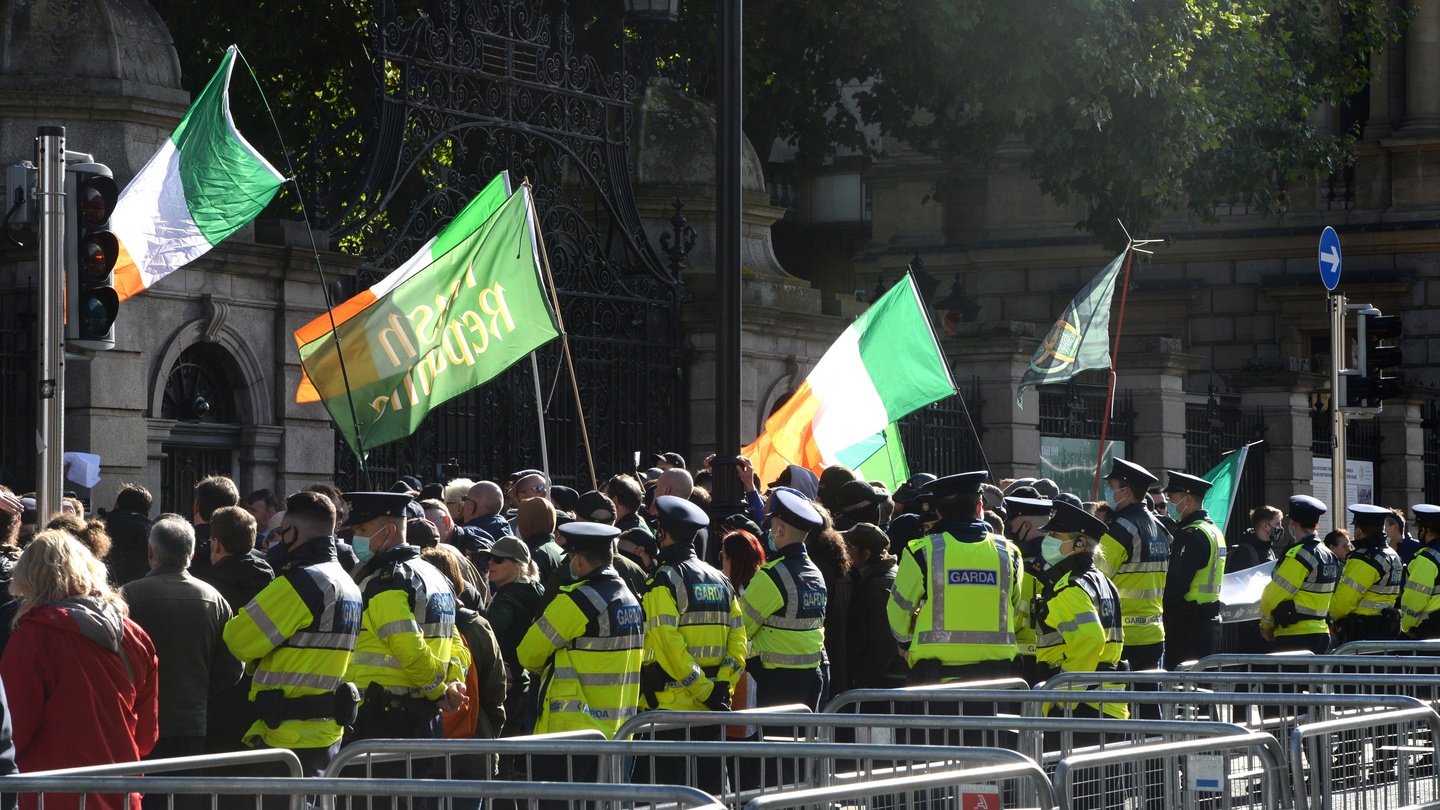
By D Collins, My Thoughts
When Ireland walked through the cultural revolutions of the past three decades from divorce to same-sex marriage, from abortion rights to gender identity one word carried the country forward: tolerance.
It was the moral currency of progress. The rallying cry of “live and let live” persuaded a nation long burdened by conformity to open its mind. The promise was simple you don’t have to agree with me, but you must allow me to live as I choose.
But today, that same spirit of tolerance has curdled into something colder. What once symbolised openness has, for many, become an ideological weapon wielded not by the conservative right, but by the self-anointed liberal establishment.
The Rise of the New Orthodoxy
Ireland’s political and social landscape has shifted dramatically. The liberal consensus, once the challenger to authority, has now become authority. Dissenting voices whether religious, conservative, or simply questioning the mainstream narrative find themselves shunned, silenced, or caricatured.
This was laid bare recently when the president of Young Fine Gael, a young man attending a conservative conference in the United States, became the latest victim of Ireland’s new cultural inquisition. What should have been an ordinary event a student leader exploring ideas turned into a media feeding frenzy.
Headlines dripped with ridicule. Online commentators labelled him everything from “far right” to “dangerous.” His political peers distanced themselves. Fine Gael issued statements, while journalists and social media pundits stoked outrage over his audacity to listen to conservative thinkers.
This was not healthy debate it was public shaming, a warning to others who might dare to think differently.
The Irony of “Liberal” Intolerance
Once upon a time, Ireland’s liberals asked only for the right to be heard. They sought tolerance in a country dominated by clerical control and social restraint. They fought for free expression, equality, and the right to question.
But now, the same movement that preached pluralism has grown hostile to plural thought. In universities, newsrooms, and public discourse, only one strain of opinion is deemed “acceptable.” Those who disagree are branded “bigots,” “dinosaurs,” or “alt-right extremists” the modern heretics of a new moral order.
The irony is painful. Tolerance was never meant to mean agreement. It meant accepting the right of others to disagree. Yet the contemporary Irish left often demands not only acceptance but affirmation. If you decline to celebrate the latest cause, you are swiftly cast out as intolerant.
Manufactured Outrage and Media Conformity
The role of media in this shift cannot be ignored. Outrage sells, and the Irish media class now almost uniformly liberal in outlook has learned to profit from moral theatre. Stories are “manufactured,” as in the Fine Gael example, to provoke anger and reaffirm ideological boundaries.
There is little space left for nuance. Newspapers once prided themselves on investigative rigour and balance; now, they echo online activism. A student with conservative leanings, a priest speaking against abortion, a teacher questioning gender policies all become clickbait targets in the name of “progress.”
This is not journalism; it is policing of thought through selective outrage.
The Chilling Effect on Irish Public Life
For those who remember when tolerance meant freedom of conscience, today’s Ireland feels oddly suffocating. Ordinary citizens increasingly self-censor afraid to voice opinions on immigration, gender identity, education, or faith.
In the pub, at work, or even at home, conversation has become guarded. People fear that one wrong word might be recorded, shared, or condemned. The very pluralism Ireland once celebrated now seems fragile a performance of inclusivity masking deep social fear.
The left, now firmly entrenched in institutions from RTÉ to academia, has forgotten what it means to dissent. And as power always does, it seeks to preserve itself not through persuasion, but through silencing.
Can Balance Be Restored?
Ireland’s journey from repression to freedom should have taught us something vital: that tolerance cannot exist without reciprocity. It is not a one-way street.
True pluralism means defending the right to disagree even with ideas we dislike. If liberal Ireland wants to remain the moral compass it claims to be, it must rediscover humility and self-reflection. It must learn again to tolerate dissent.
Because when the right to speak freely is replaced by the fear of speaking at all, we have not advanced we have simply traded one form of oppression for another.
The call now is not for a return to conservatism or to clerical Ireland but to balance, honesty, and mutual respect.
If the word tolerance is to mean anything again, it must apply to everyone not just those who shout the loudest.
Conclusion
Ireland stands at a cultural crossroads. The right once sought tolerance from the left; now the left must learn to extend it in return.
If we cannot find that middle ground, we risk turning our hard-won freedoms into hollow slogans and our democracy into a polite, smiling form of censorship.
The test of tolerance is not how we treat those who agree with us, but how we handle those who don’t.
